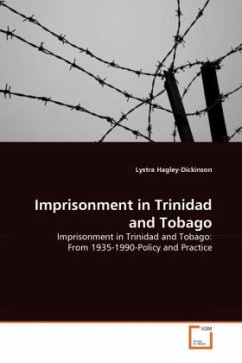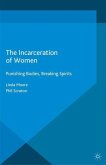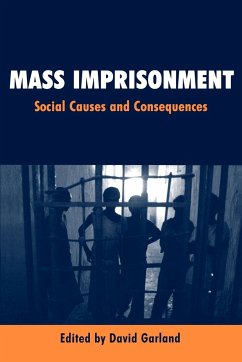The book examines the practice of imprisonment in Trinidad and Tobago. It demonstrates that the rate fluctuates with employment except for two periods when this is not so. These anomalies are explained by the political salience of ethnicity. Similarly it shows the limitations in that the relevant mediation between labour market and imprisonment is not reform groups but ethnic politics. However, the lack of reform groups may explain the non sustainability of reform movements linked to ethnic struggles. Official reports are analysed to identify penal discourse. Two official discourses were identified one in 1935 and one in 1975 when a welfare discourse came briefly to the fore. Prisoners relate their experiences and the connection between the conditions and their survival strategies after prison. The concluding analysis tests the model of imprisonment that is internationally renowned and is the only one of its kind in the context of the country. It will be especially useful for academia, historians, sociologists and criminologists, penal policy making bodies, practitioners and anyone who may consider crime and imprisonment, singularly or comparatively.








